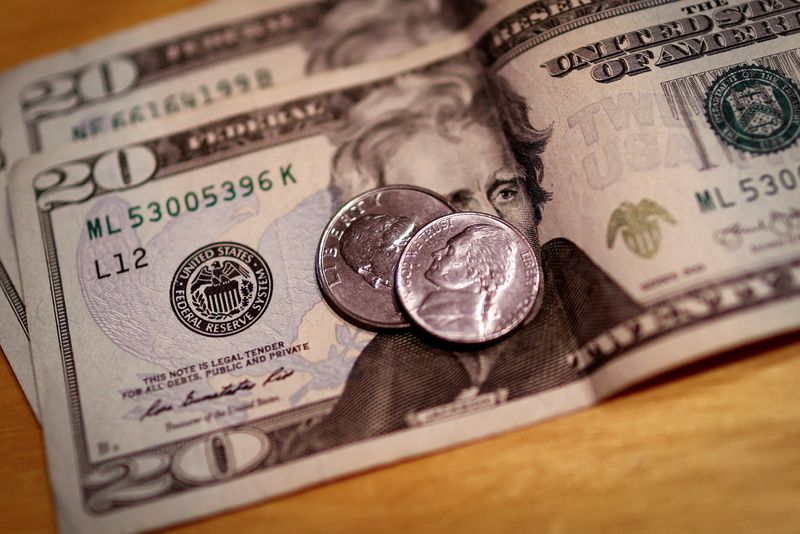U.S. Bancorp’s adjusted profit falls as deposit costs hurt interest income
2024.07.17 08:11
(Reuters) – U.S. Bancorp’s adjusted profit fell about 10% in the second quarter on Wednesday, hurt by a decline in interest income due to higher deposit costs and muted loan demand.
Lenders in the U.S. have been offering higher interest rates to retain deposits in recent months as customers increasingly seek better returns by placing their money in higher-yielding alternatives such as money-market funds.
Meanwhile, borrowers have also put off taking loans until the interest rates normalize, further pressuring consumer-facing banks.
U.S. Bancorp’s net interest income (NII), the difference between what banks pay customers on deposits and earn as interest on loans, fell about 9% to $4.05 billion in the quarter versus a year earlier.
The bank forecast NII to be stable in the current quarter versus the second quarter levels.
The Minneapolis, Minnesota-based bank also reported a 3.6% decline in average loans to $374.7 billion.
Net interest margin – a key measure of lending profitability – contracted to 2.67%, compared with 2.90% in the year-ago period.
“This quarter, credit metrics continued to perform in line with expectations, and we believe our reserve levels are appropriate for future losses. All capital and liquidity ratios remain strong,” CEO Andy Cecere said in a statement.

Net income attributable to the lender, on an adjusted basis, fell to $1.62 billion or 98 cents per diluted share in the three months ended June 30. That compares with $1.79 billion or $1.12 per diluted share, a year earlier.
U.S. Bancorp’s stock is flat so far this year, and is the worst performer on a key index tracking rivals. The Banks Index has gained 17.33% over the same period.








